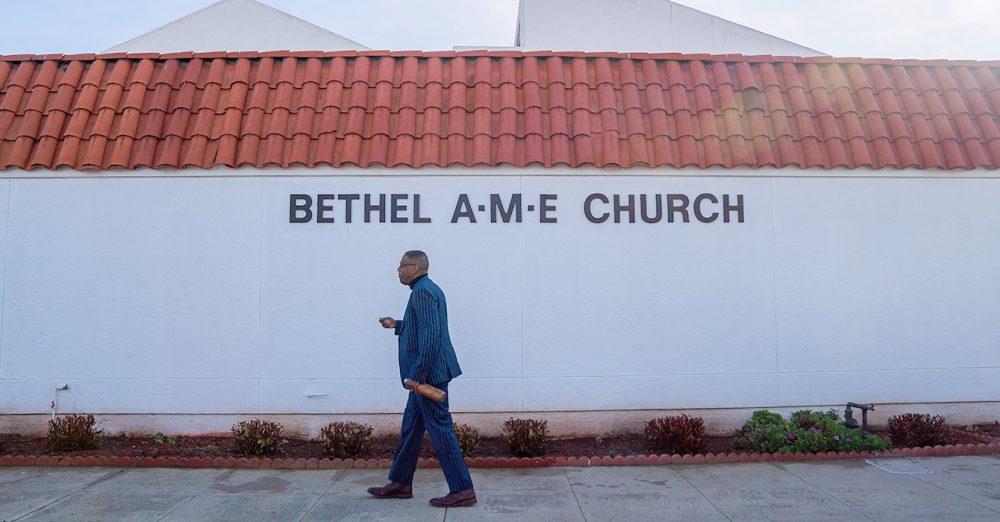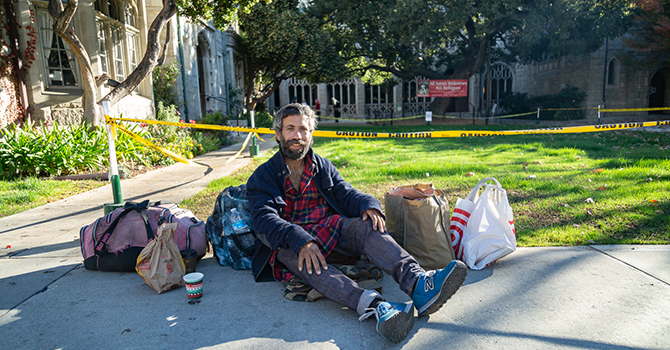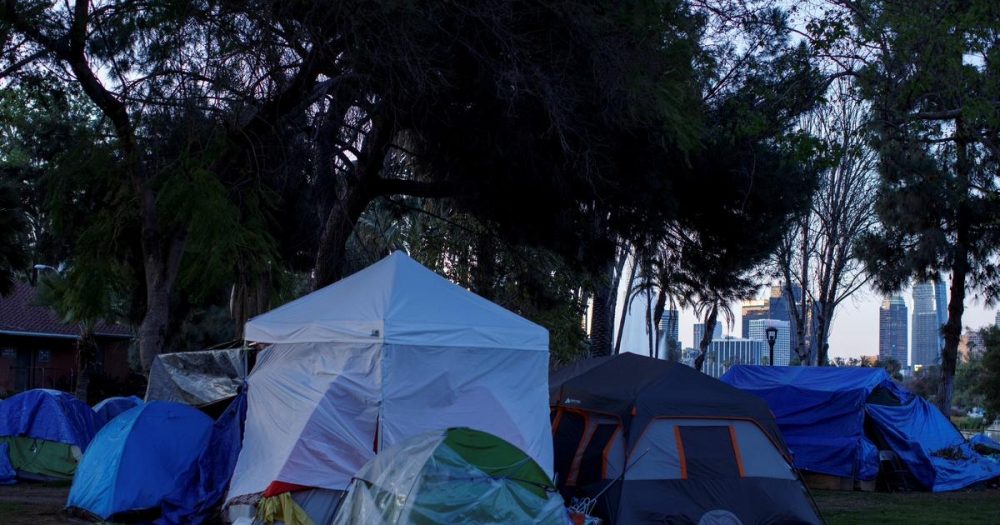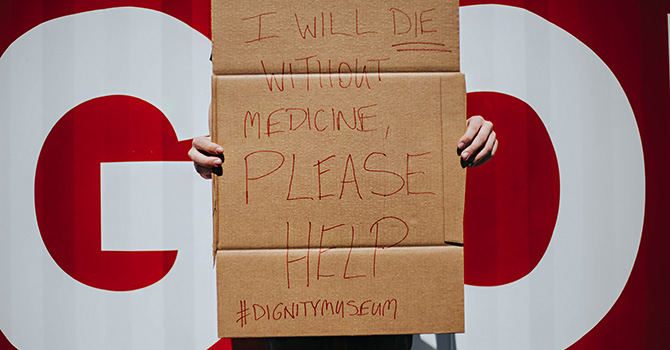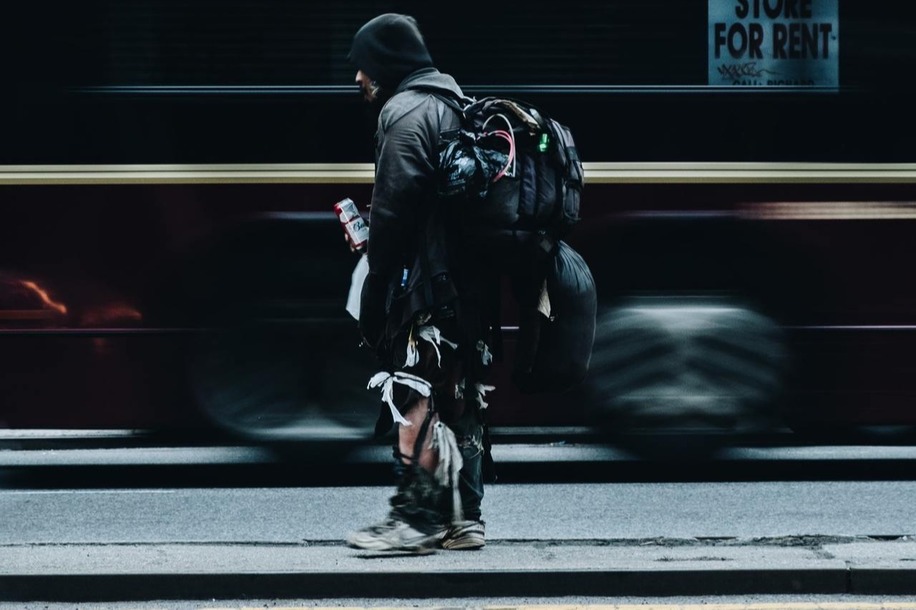
The gospel provides a clear mandate to offer concrete acts of compassion to people on the economic and social margins of society. Today, unhoused people comprise a sizeable number of this struggling demographic.
The U.S. Department of Housing and Urban Development (HUD) stated in a report to Congress that on a single night in 2020, 580,466 people experienced homelessness in the United States. This figure was a 2.2% increase from 2019. It’s safe to expect that number to be higher in 2021 and 2022 as the pandemic eviction moratorium expires.
Congregations that answer the call to work on this ongoing crisis need to understand the roots of the problem and be aware of the resources that are available in their local community.
One contributing factor to homelessness is the lack of affordable housing – and not only fewer affordable housing units, but lower housing assistance program budgets than in previous years. Not every congregation is well-positioned to develop affordable housing, but any congregation can advocate for more housing resources and options to serve lower-income families.
Many questions surface when congregations think about addressing homelessness. Will our people be in danger? How can we be certain that unhoused people don’t take advantage of the church’s good will? While questions like these are understandable, they can make it difficult to hear how God might be calling the church to serve. What if we asked more gospel-centered questions?
For example, what might be possible if our congregation took one action this year to engage the issue of homelessness in our city? How might our congregation go beyond ministry “to” the unhoused to doing ministry with or alongside the unhoused? Who is working on the issue of poverty and housing in our community, and how can we support them? Questions like these will help congregations become more hospitable to unhoused people.
Resources
A congregation helps homeless people during the pandemic by offering refuge and support
By Janice Rhoshalle Littlejohn
What’s behind rising homelessness in America?
From PBS NewsHour
The Dignity Museum shares stories of people living in poverty
By Mashaun D. Simon
Before you go…
The gospel is tough. Jesus challenges us to face difficult issues that we might prefer to avoid.
Unhoused people approach our cars at busy intersections and sleep under bridges. But unhoused children are also attending public schools. Unhoused families are staying warm in public libraries. The unhoused are more than statistics and problems. They are people with stories, hopes and dreams. Christ calls us to be in community with them in the same way he was in community with people on the margins in first-century Palestine. What might God be inviting you and your people to do?
I’d love to hear your congregation’s story of showing hospitality to the unhoused. Stay in touch by emailing alban@duke.edu. Peace and blessings!
Prince Rivers
Editor, Alban at Duke Divinity

